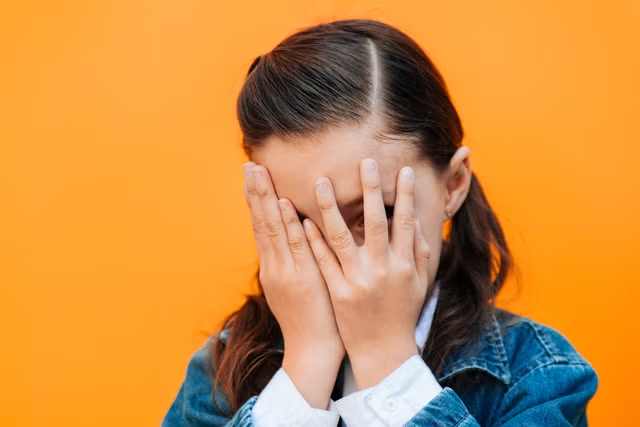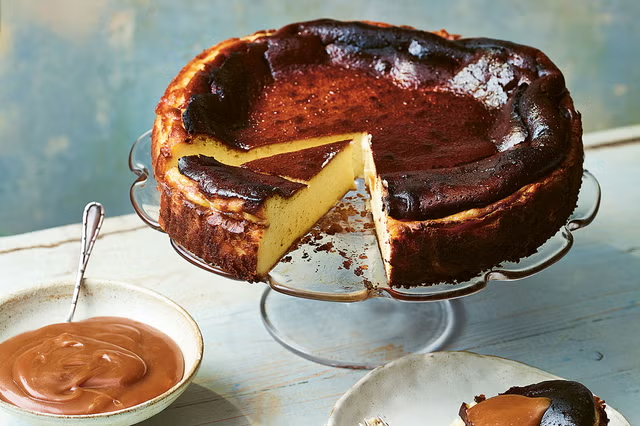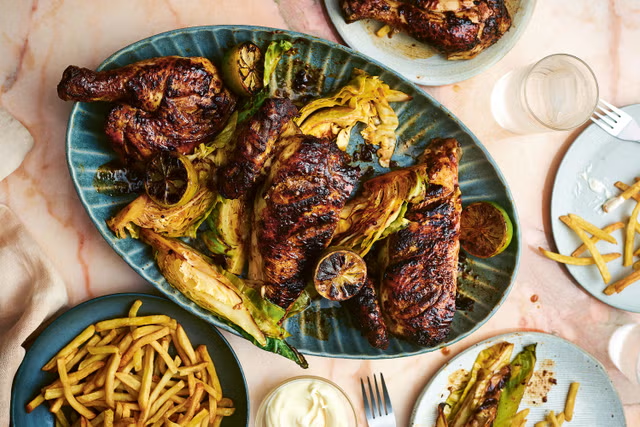CHILGOK, South Korea (AP) —
Wearing an oversized bucket hat, silver chains and a black Miu Miu shirt, 82-year-old Park Jeom-sun gesticulates, her voice rising and falling with the staccato delivery of rhymes about growing chili peppers, cucumbers and eggplants.
Park, nicknamed Suni, was flanked by seven longtime friends who repeated her moves and her lines. Together, they’re Suni and the Seven Princesses, South Korea ‘s latest octogenarian sensation. With an average age of 85, they’re probably the oldest rap group in the country.
Born at a time when women were often marginalized in education, Park and her friends were among a group of older adults learning how to read and write the Korean alphabet, hangul, at a community center in their farming village in South Korea’s rural southeast.
They were having so much fun that they started dabbling with poetry. They began writing and performing rap in summer last year.
Suni and the Seven Princesses enjoy nationwide fame, appearing in commercials and going viral on social media. South Korean Prime Minister Han Duck-soo sent them a congratulatory message last month on their first anniversary, praising their passion for learning.
At a road near their community center in Chilgok on Thursday, Park and her friends were rehearsing for a performance Friday evening in the capital, Seoul, where they were invited to open an event celebrating hangul heritage.
“Picking chili peppers at the pepper field, picking cucumbers at the cucumber field, picking eggplants at the eggplant field, picking zucchini at the zucchini field!” the group rapped along with Park. “We’re back home now and it feels so good!”
Park said the group usually practices two or three times a week, more if they’re preparing for a show.
On Friday, hundreds of people applauded and cheered, and then the group lined up for a photo with South Korean Culture Minister Yu In Chon.
Park talked about the joy of learning to read, saying she can now “go to the bank, ride the bus and go anywhere” she wants without someone helping her.
“During and after the Korean War, I couldn’t study because of the social atmosphere, but I started learning hangul in 2016,” Park said, referring to the devastating war between North and South Korea from 1950 to 1953. “Being introduced to rap while learning Hangeul has made me feel better, and I thought it would help me stay healthy and avoid dementia.”
Kang Hye-eun, Park’s 29-year-old granddaughter and a local healthcare worker who helps older adults, said she was proud to see her grandmother on television and in viral videos.
“It’s amazing that she got to know hangul like this and has started to rap,” she said.
Disclaimer: The copyright of this article belongs to the original author. Reposting this article is solely for the purpose of information dissemination and does not constitute any investment advice. If there is any infringement, please contact us immediately. We will make corrections or deletions as necessary. Thank you.



